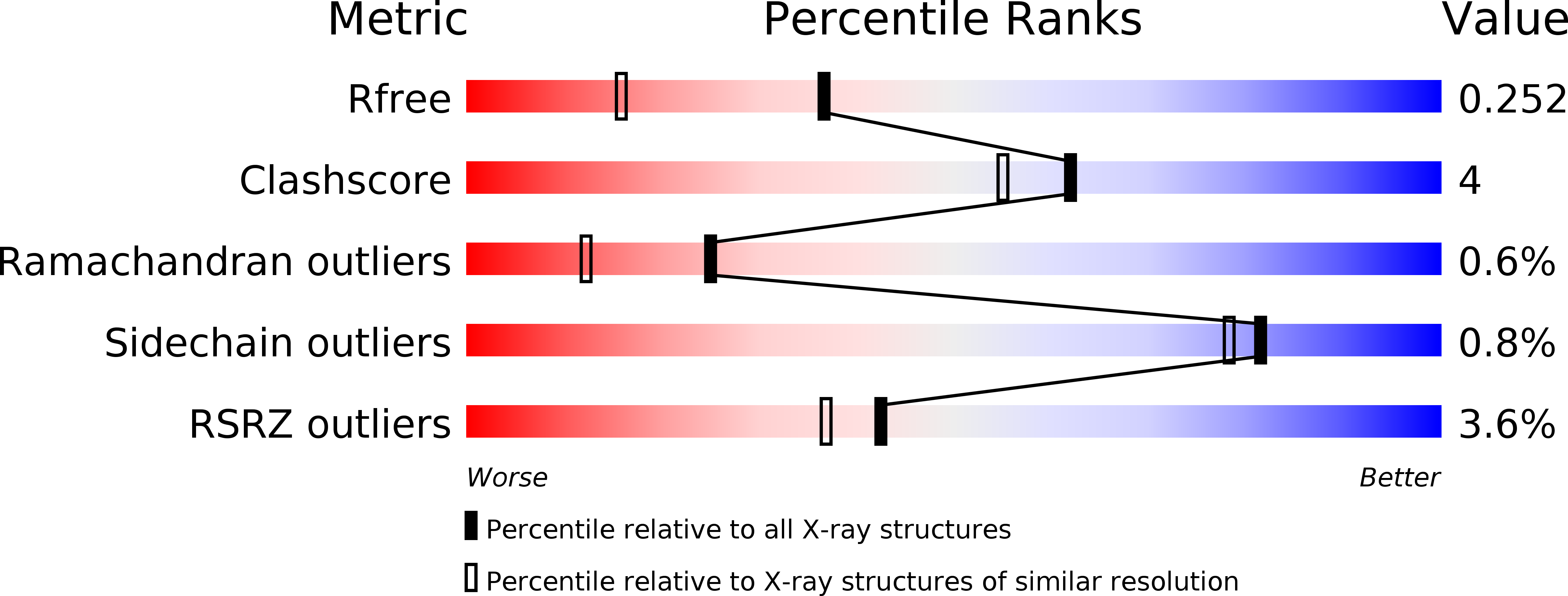
Deposition Date
2010-11-22
Release Date
2011-08-24
Last Version Date
2023-09-06
Entry Detail
PDB ID:
3POB
Keywords:
Title:
Crystal structure of MASP-1 CUB2 domain in complex with the collagen-like domain of MBL
Biological Source:
Source Organism(s):
Rattus norvegicus (Taxon ID: 10116)
Expression System(s):
Method Details:
Experimental Method:
Resolution:
1.80 Å
R-Value Free:
0.25
R-Value Work:
0.19
R-Value Observed:
0.20
Space Group:
P 21 21 2


